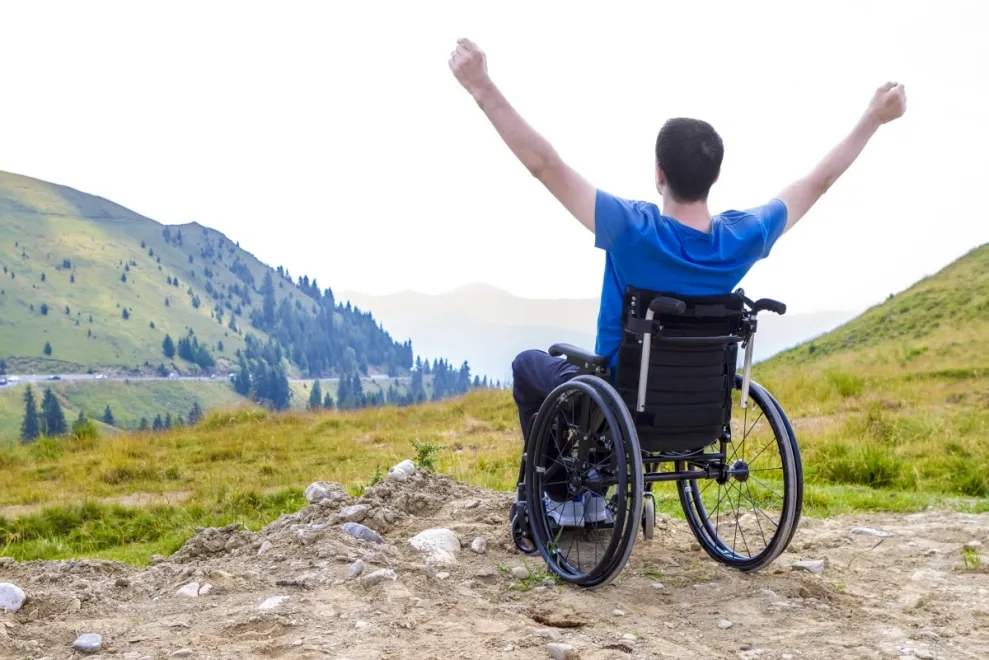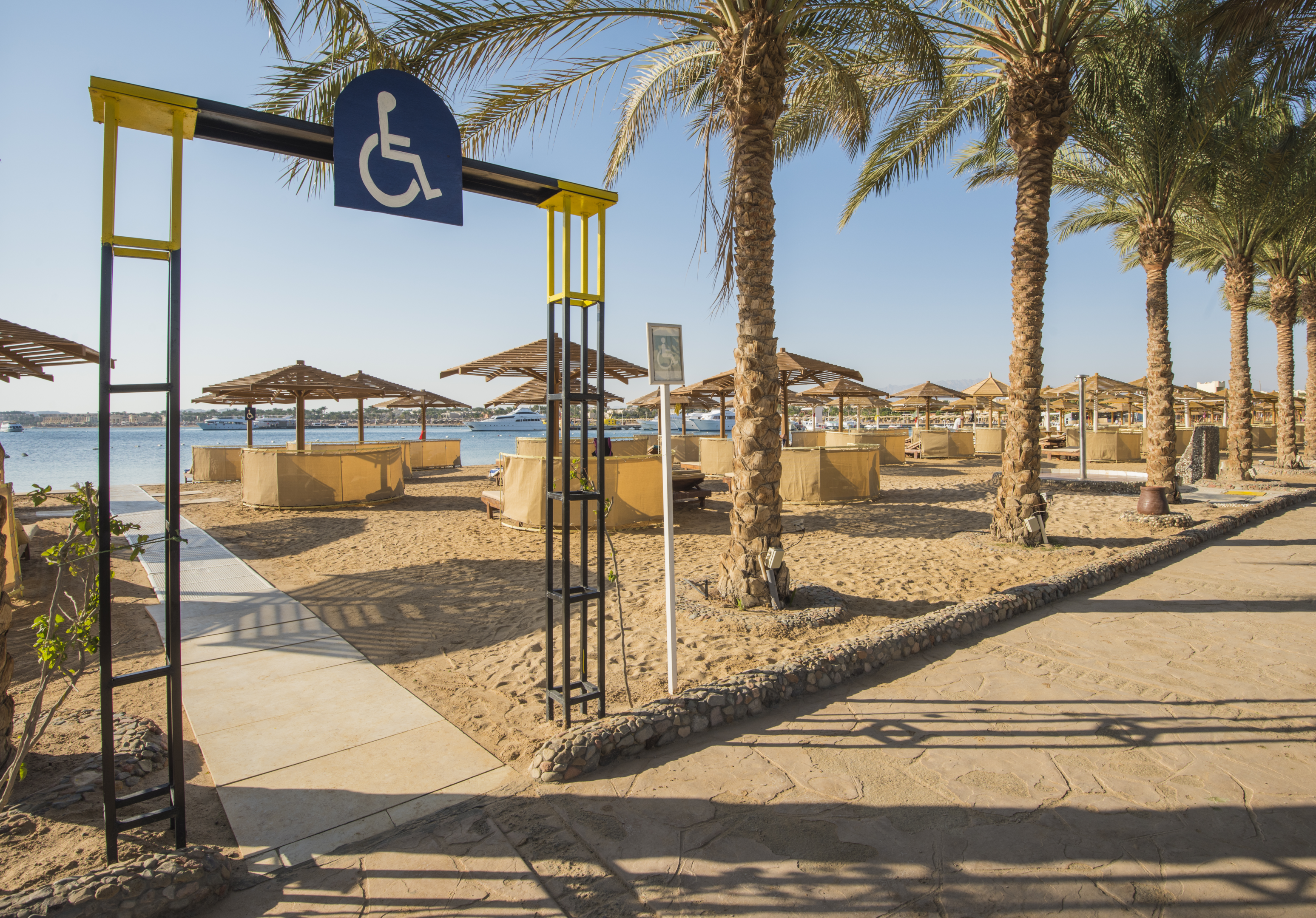What is Accessible Tourism?

Accessible tourism is an approach to tourism development that ensures tourist destinations, services, and amenities are accessible to all people, regardless of their physical or cognitive limitations.
It includes a wide range of services and initiatives designed to improve the tourism experience for everyone, recognizing the diverse needs of the global population.
Accessible tourism is important for both moral and economic reasons, as it promotes equal access and social inclusion, while also representing an exceptional business opportunity for the tourism industry.
The focus of accessible tourism is not only to ensure tourist destinations, accommodations, and transportation are physically accessible but also to offer practical travel-related support, and access to information. For example, many cities and destinations now provide online accessibility maps, which allow users to find information about the accessibility of various attractions and amenities. These are often provided by the official tourist site for the area.
Accessibility issues are varied and could include physical barriers, such as stairs or narrow doorways, communication challenges, such as a lack of sign language interpreters or braille signage, or cognitive obstacles, such as complex booking systems or hard-to-navigate websites. To tackle these issues, tourism businesses have to adopt a multi-faceted approach, considering all aspects of their service delivery, from the design of their physical spaces to the information they provide to guests.

Accessibility in the Short-Term and Vacation Rental Industry
In the context of the short-term and vacation rental industry, accessibility primarily relates to how easily individuals can access and use rental properties. This includes considerations about the design of the property, availability of essential amenities, the information provided, and the ability to make bookings and reservations.
- Physical Accessibility: In terms of physical access, properties should be designed or adapted to cater to individuals with disabilities. This may include adaptations such as ground floor access or elevators for those who cannot use stairs, wider doorways, and corridors for wheelchair users, bathroom modifications (like grab bars and roll-in showers), and tactile or braille indicators for visually impaired individuals.
- Information Accessibility: Information about the property and services should be readily available and easy to understand. This might include clear, concise descriptions of the property and its amenities, accessible websites with screen reader compatibility for visually impaired individuals, and communication methods that cater to a variety of needs (e.g., text communication for those with hearing impairments).
- Booking and Reservation Accessibility: The booking and reservation process should be simple and straightforward. Websites and apps should be designed according to accessibility standards, ensuring that they can be easily navigated by all individuals, including those with cognitive impairments. Inclusive payment options should also be considered.
In recent years, there has been an increased awareness and importance placed on accessibility in tourism. For the short-term and vacation rental industry, this has led to changes in how properties are marketed and designed, with many organizations working to improve their accessibility offerings to meet the needs of all customers. As a result, there has been a growing trend toward promoting inclusive tourism experiences accessible to everyone, regardless of their abilities or limitations.
With iGMS, effortless vacation rental management is at your fingertips. Its intuitive platform handles bookings, guest communications, and team tasks efficiently. Ideal for solo hosts or large companies, iGMS transforms your rental operations while elevating the guest experience. Experience the iGMS difference.







